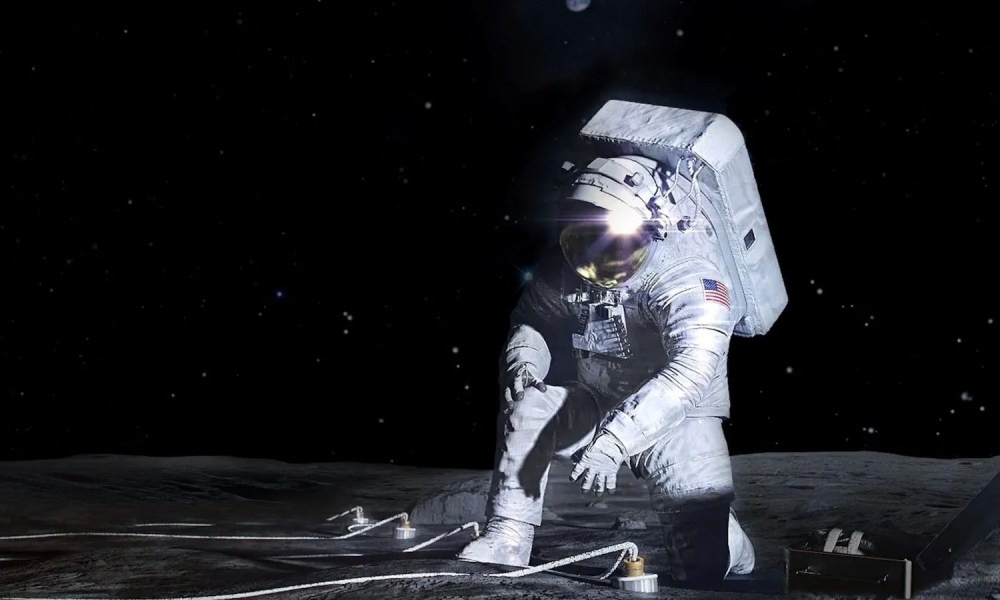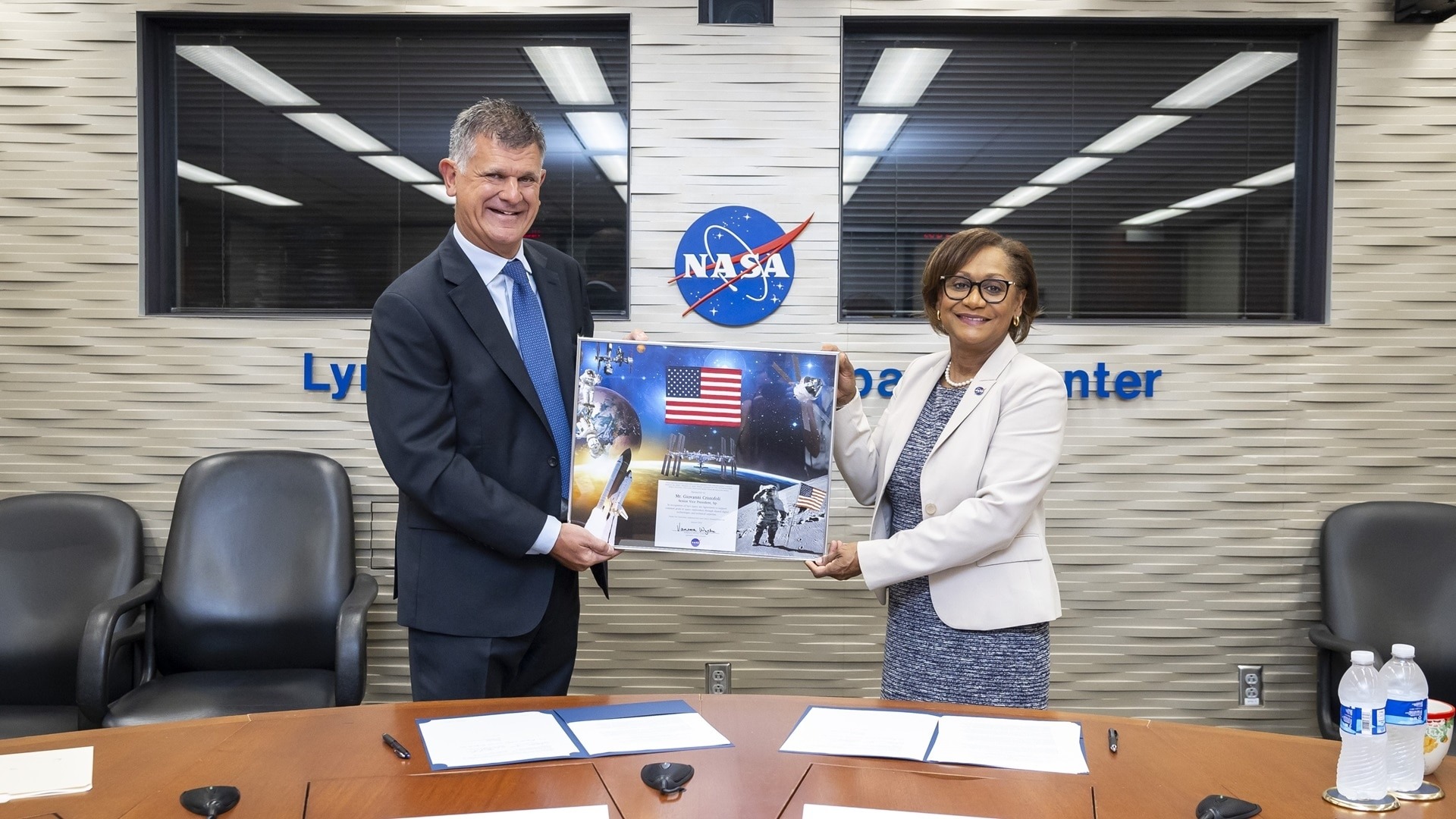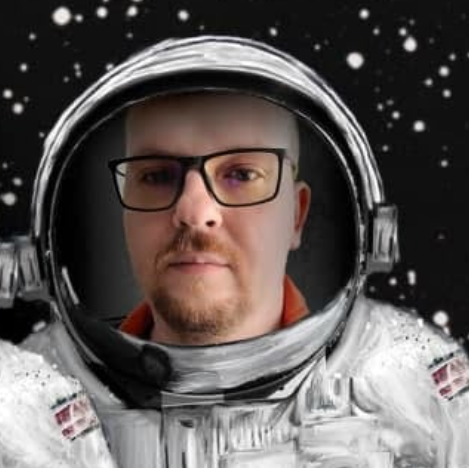BP (The British Petroleum Company), an oil company known for its well drilling technologies, has entered into an agreement with NASA to use these technologies to drill on the Moon. The collaboration aims to share technology and experience for space exploration and energy production in extreme environments. This is especially true for NASA’s plans to explore the Moon and Mars, which will require large amounts of electricity. This is especially true for NASA’s plans to explore the Moon and Mars, which will require large amounts of electricity.

According to Giovanni Cristofoli, Senior Vice President of BP Solutions, both organizations have significant technical expertise in working in extreme environments. Sharing knowledge will help solve complex engineering challenges faster, focusing on security of energy supply and reducing emissions.
NASA is now exploring technologies to utilize nuclear reactors and expand solar power systems that are actively used on spacecraft. Nuclear power provides stable electricity generation, but there are safety questions, while solar power is becoming more efficient but has limitations, particularly the dust that coats the panels.

The new agreement with BP could accelerate the development of hydrogen and regenerative fuel cells, as well as large batteries important for continuous solar power and small nuclear systems.
BP’s drilling experience may also be needed on Mars, where water reserves are thought to exist beneath the surface. Access to it could be the key to providing the water needed not only for astronauts, but also for rocket fuel production. Modern lunar exploration also focuses on finding and extracting water for future missions.
Earlier we reported on how billions of tons of water were discovered on the Moon.
According to digitaltrends.com


